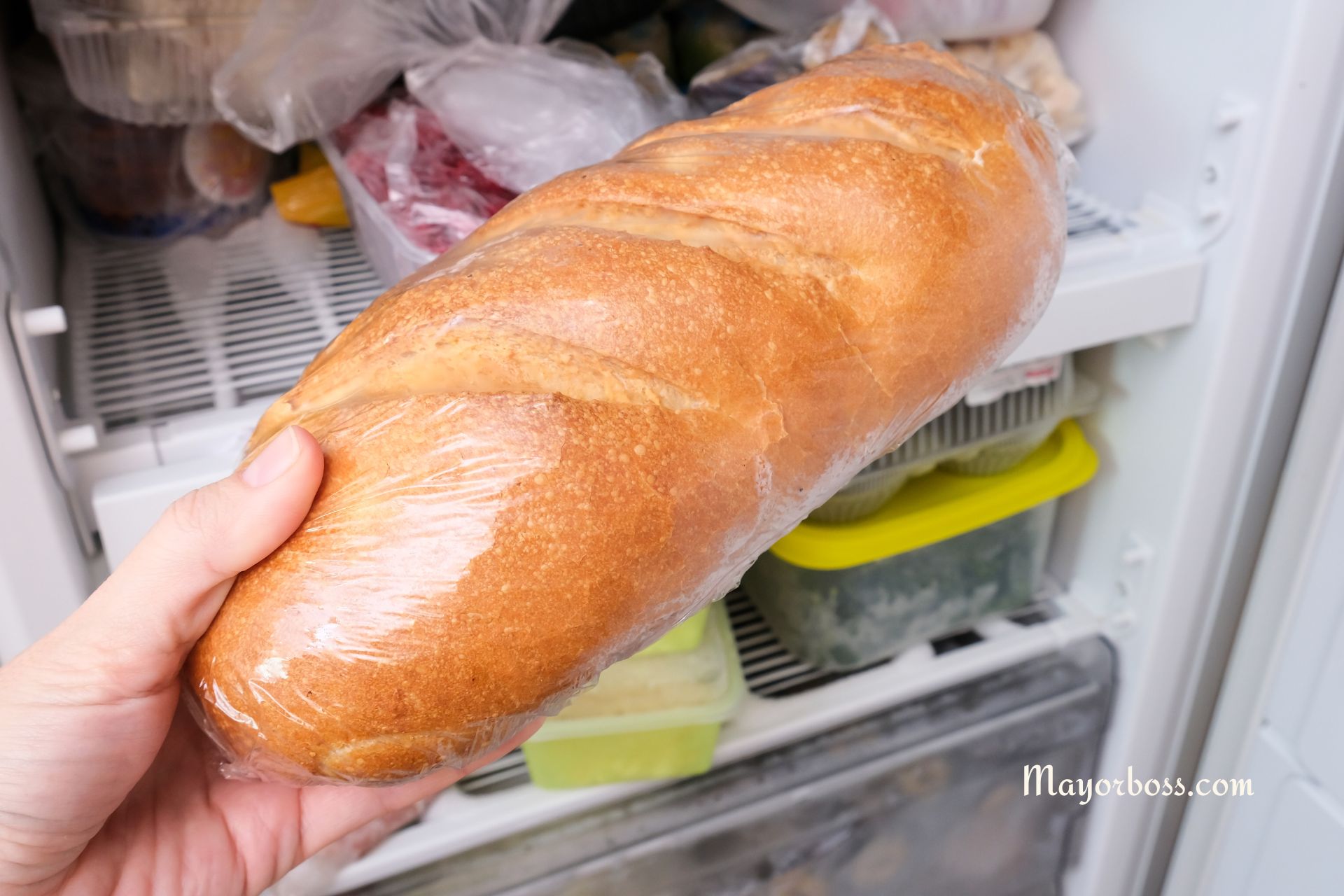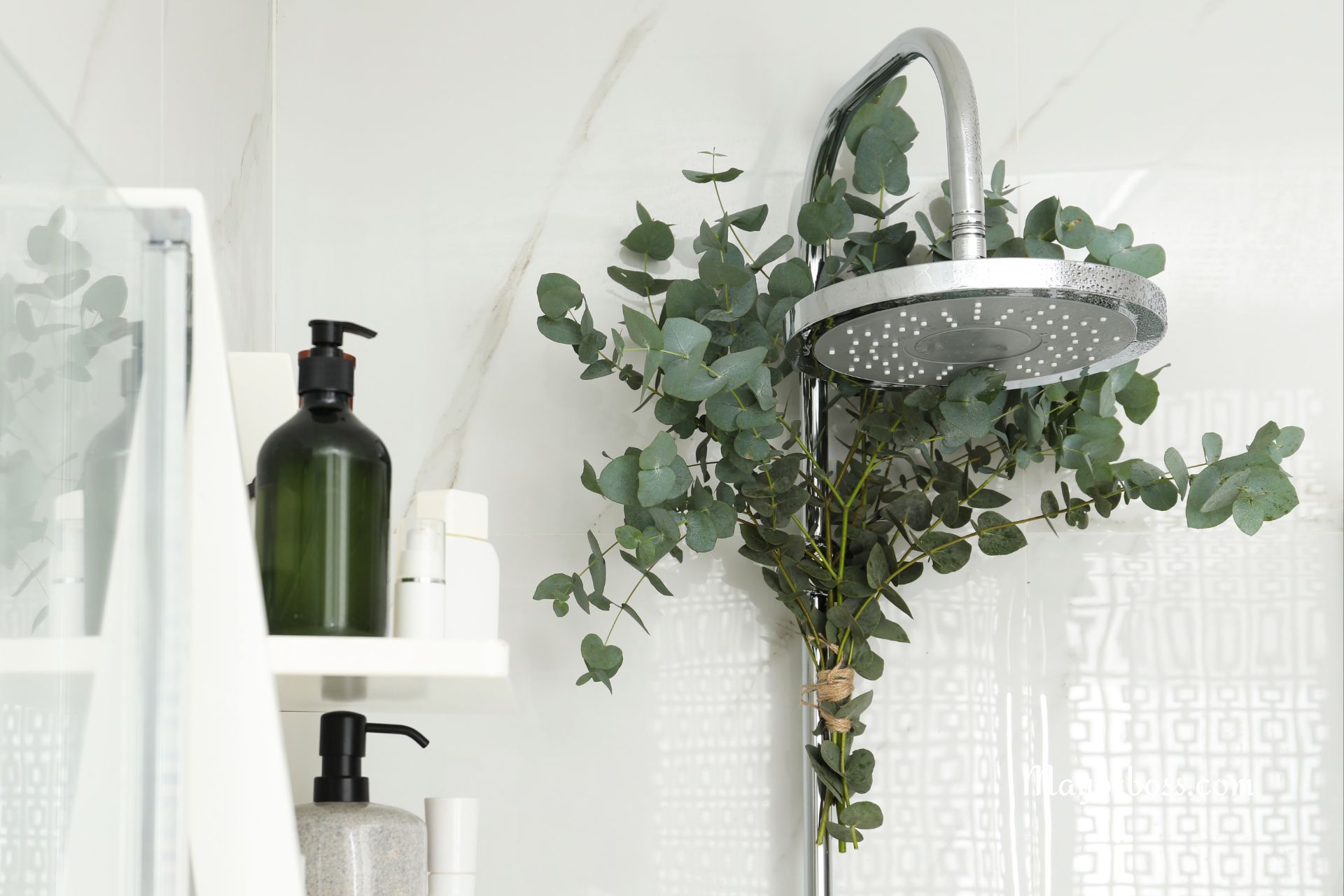7 Foods That Don’t Belong in the Fridge

Have you ever found yourself puzzled by how some of your groceries just don’t seem to last as long as they should? What if the way you’re storing them is actually speeding up their spoilage? Yes, you heard that right. Not everything benefits from the chill of your refrigerator. In fact, certain items can lose flavor, texture, and nutritional value if kept in colder conditions. Here’s a list of seven foods that are better off outside the fridge.
1. Tomatoes
Keeping tomatoes in the fridge turns their texture mealy and mushy. When left at room temperature, tomatoes continue to ripen and develop a rich flavor. By storing them on a countertop, you ensure they stay juicy and delicious.
2. Potatoes
Storing potatoes in the cold of your refrigerator turns their starch into sugar more quickly, altering their taste and texture. Instead, place them in a cool, dark, and well-ventilated area to maintain their firmness and natural earthy flavor.
3. Onions
When onions are stored in the fridge, the moisture can cause them to become soft and moldy. It’s best to keep onions in a dry, well-ventilated space. But make sure you keep them separate from potatoes; when close together, they can both spoil faster.
4. Garlic
Just like onions, garlic prefers a dry and ventilated environment. In the fridge, garlic can become rubbery and mold quickly. Store it in a mesh bag or an open container to preserve its flavor and extend its shelf life.
5. Bread
You might think keeping bread in the fridge prevents it from going stale. However, the refrigerator actually speeds up the staling process. Bread is best kept in a cool and dry place and consumed within a few days. For longer storage, the freezer is a better option.
6. Honey
Honey remains perfectly good at room temperature and can be stored indefinitely if sealed properly. In the fridge, honey can crystallize and harden, making it difficult to use without reheating.
7. Avocados
If you’re waiting for avocados to ripen, definitely keep them out of the fridge. Cold temperatures halt the ripening process. Once they’re perfectly soft, you can refrigerate them if you’re not ready to eat them right away.
Frequently Asked Questions
Can I store cut tomatoes and onions in the fridge?
Yes, once you’ve cut tomatoes or onions, it’s a good idea to store them in the fridge to prevent bacterial growth. Make sure to use them within a few days to enjoy their best quality.
How should I store bread if I want it to last longer than a few days?
If you need to store bread for more than a few days, freezing is your best bet. Wrap the bread tightly in plastic wrap and then place it in a freezer bag before storing it in the freezer. When you’re ready to eat it, thaw it at room temperature or toast it directly from frozen.
What is the best way to store potatoes to extend their shelf life?
To extend the shelf life of potatoes, store them in a cool, dark, and dry place like a pantry or a root cellar. Avoid places with high humidity and keep them away from onions to prevent them from spoiling each other.






